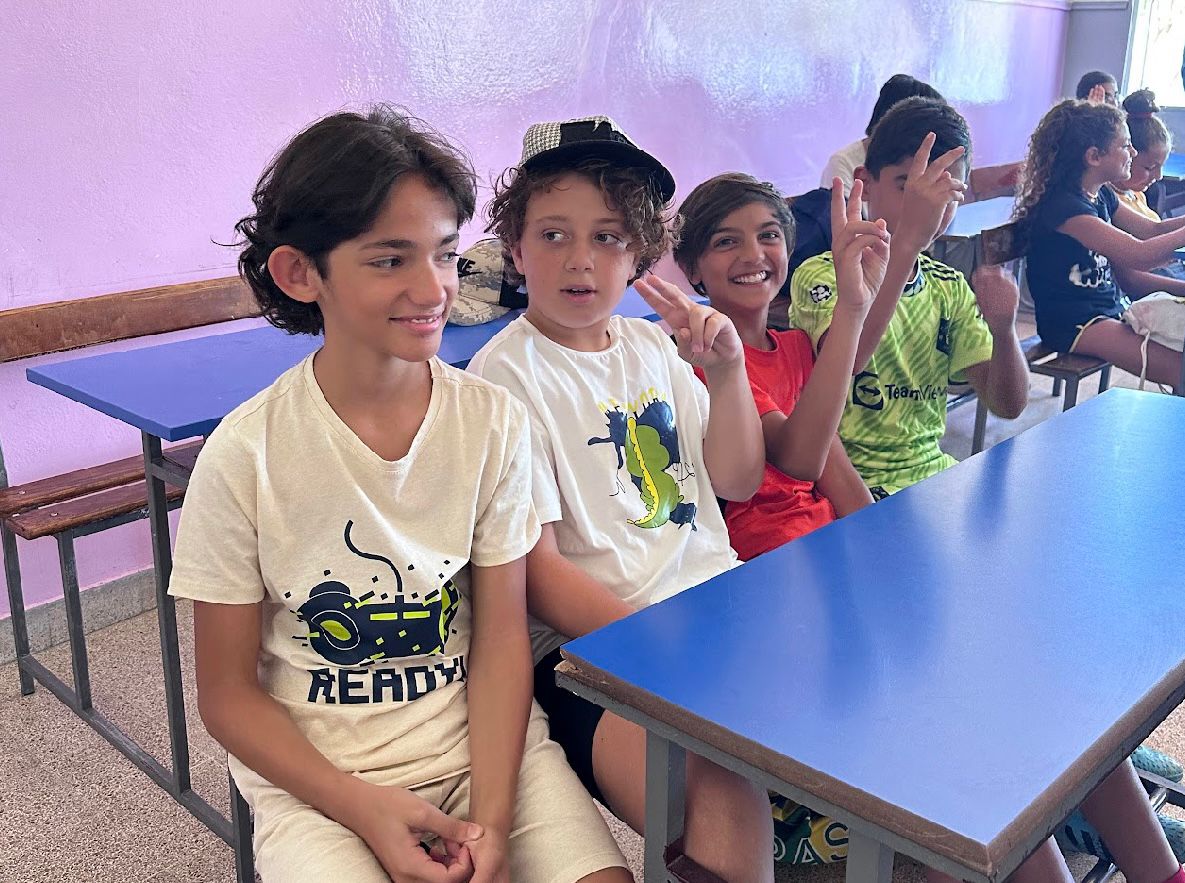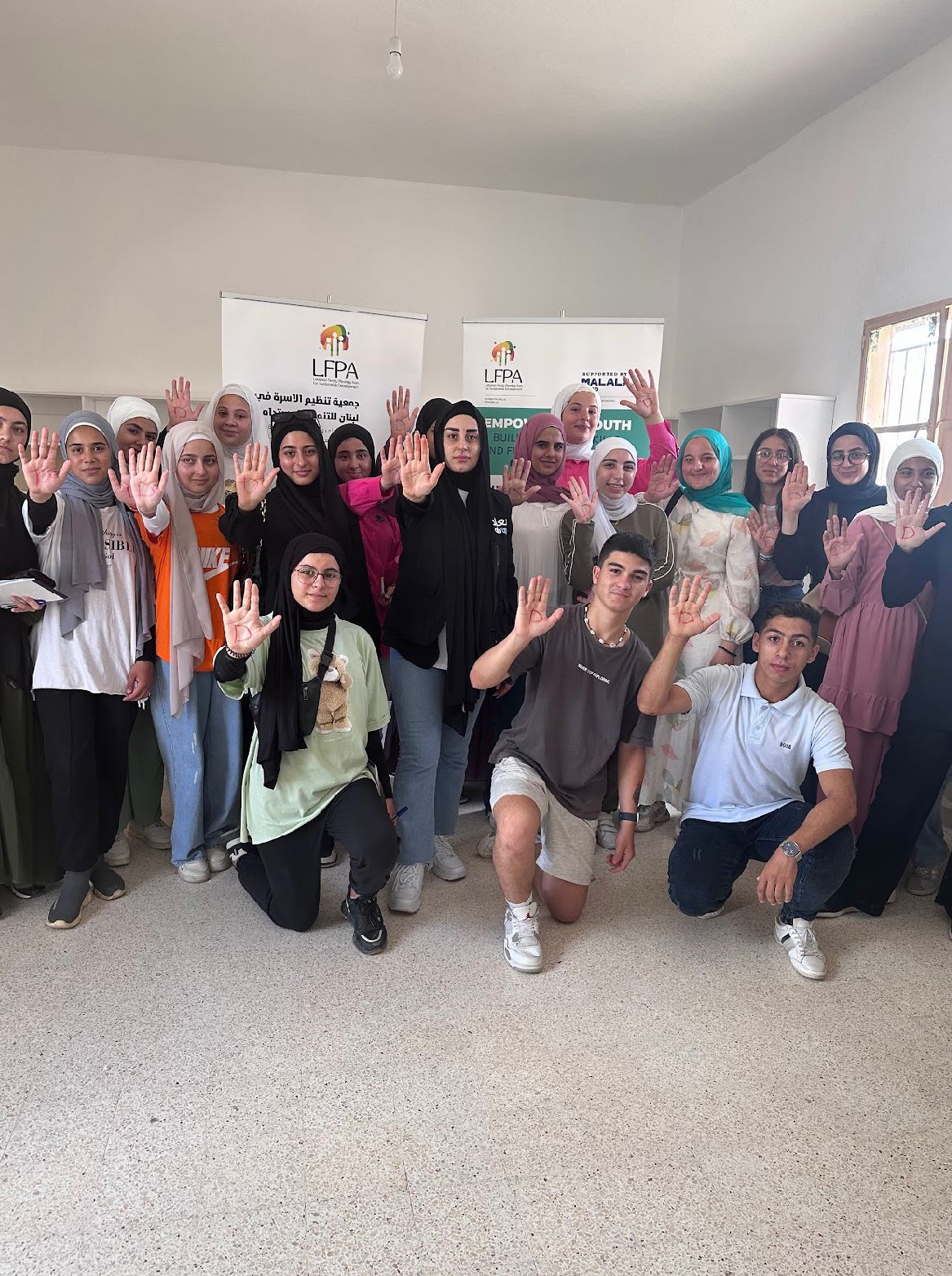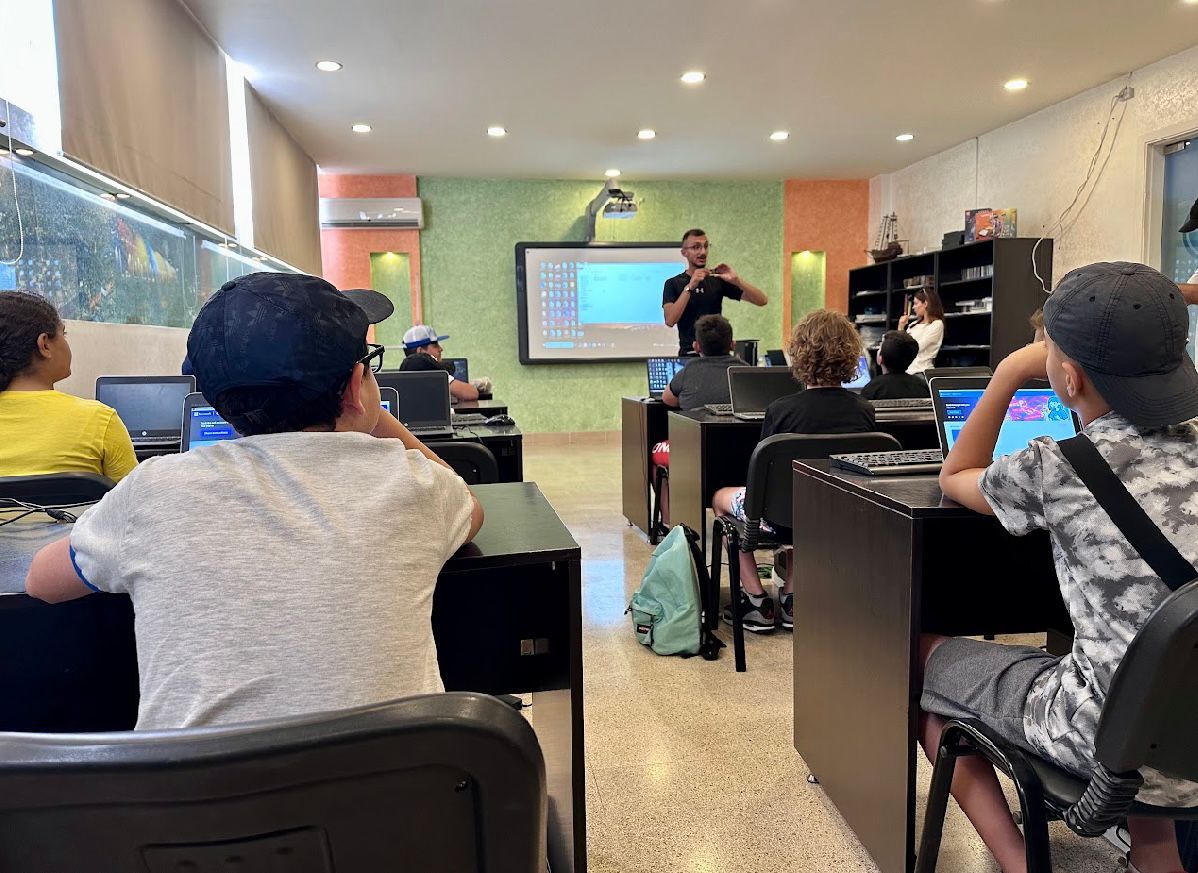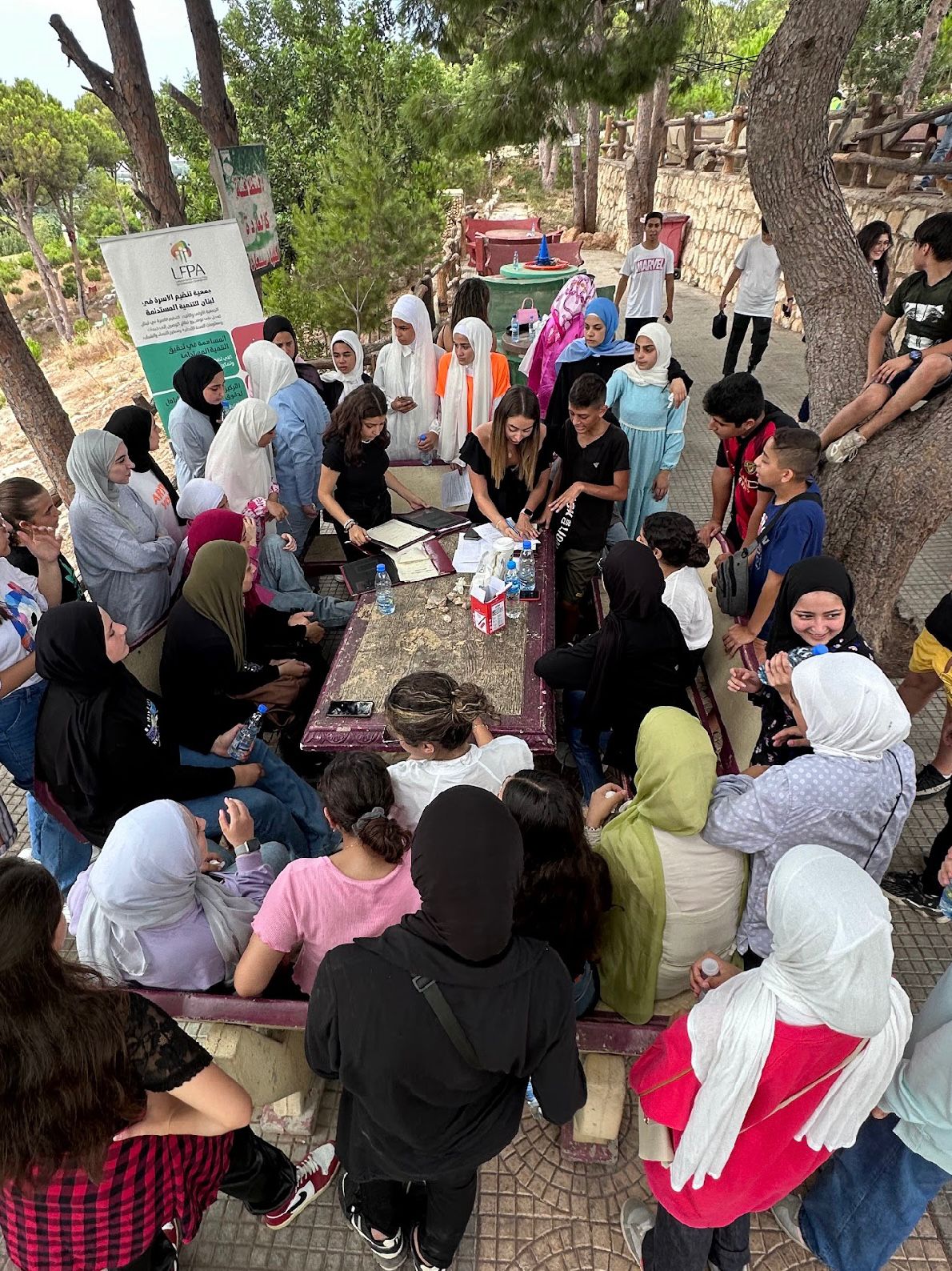Project Title 1: Building the Capacity of Lebanese Youth in West Bekaa for Better Work
Opportunities; Funded by the Middle East Partnership Initiative (MEPI), U.S. Embassy
Since unemployment rate in Lebanon stands at 25%, LFPA through the support of Middle East Partnership Initiative (MEPI) of the US Embassy implemented a project that aims to build the capacity of 180 youth in West Bekaa region with skills to increase their chances of obtaining work and hence ability to have an income to improve their livelihood.
The project activities consisted of implementing training courses on three skills plumbing, secretarial & car mechanics. The training is followed by an internship in SMEs in the region, so the beneficiaries have an experience that will increase their chances to find jobs.
In order to reach the targeted number of beneficiaries the LFPA announced the training opportunities in all municipalities in targeted region as well as in social media.
The LFPA signed MOUs with the Bekaa Technical Institute and Bekaa Industrial Institute to implement the training courses using their premises as both institutes have well equipped labs for the training courses. A second advantage of implementing the training courses within the Bekaa Institutes is that they are official institutes affiliated to the directorate of vocational education at the Ministry of Education & Higher Education, so that the certificates are official certificates that can improve chances of employability.
The beneficiaries 60 in each skill training were divided into three sets of training courses;
The first set of training courses started on October 12, 2020 after the opening of the Country from long period of lockdown and ended in January 2021, with 60 youth, 20 in each training course. Providing theoretical and practical course using labs of the Bekaa Industrial Institute and Bekaa Technical Institute. After completing 200 hours at the institute comprising both theory and practice the graduates were placed in SMEs to do 120 hours of internship and build experience.
The second set of training courses started in April 2021 and ended in July 2021. 60 new youth participated in this set of training courses, 20 in each skill training. Like the first set, the training courses were divided to theoretical and practical components to provide knowledge and to improve the skills of the beneficiaries. The graduates were also placed in local SMEs to complete their training.
The third set of training commenced in September 2021 and ended in December 2021, the third group of 60 youth completed their training in the 3 skills, car mechanics, Plumbing & Secretarial & office management and were placed in internships.
In the secretarial & office management course the beneficiaries learnt about office management, archiving of documents, all computer basic skills, documents study and analysis and principals of correspondence …
The plumbing training course included air conditioning and cooling system, copper welding, refrigerator checking, installing of sanitary
The car mechanics course included disassembly and installation of automobile parts, air condition and turbo engine, detecting malfunction and fixing it…
In order to evaluate the courses the participants completed an evaluation form at the end of each course. The results of evaluation showed that the combination of theory and practical training was very beneficial for trainees’ confidence andthere was a noticed behavior change, they were motivated to go into the labor market to put what they learnt in practice and were more aware and interested in the material and skills they learnt. They also sat for final written exams at the end of the each set of training to evaluate the knowledge they obtained during the training courses.
Due to the present financial crisis in Lebanon only 75% of graduates of the three set of training courses found internships at identified SMEs. 60% of trained beneficiaries in Secretarial work were able to complete their internship successfully. 80% of graduates in plumbing and 75 % of graduates in car mechanics concluded as well their internship.
The project achieved immeasurable results , it has increased youth self-confidence as well it gave them a better prospect in life as they have now a certificate of completion of training course and internship which opens doors for better employment opportunities.







